SFN 2017
Recent articles
Billions of neuronal junctions make up new ‘synaptome’ map
Researchers have charted billions of synapses in the mouse brain and sorted them by type.
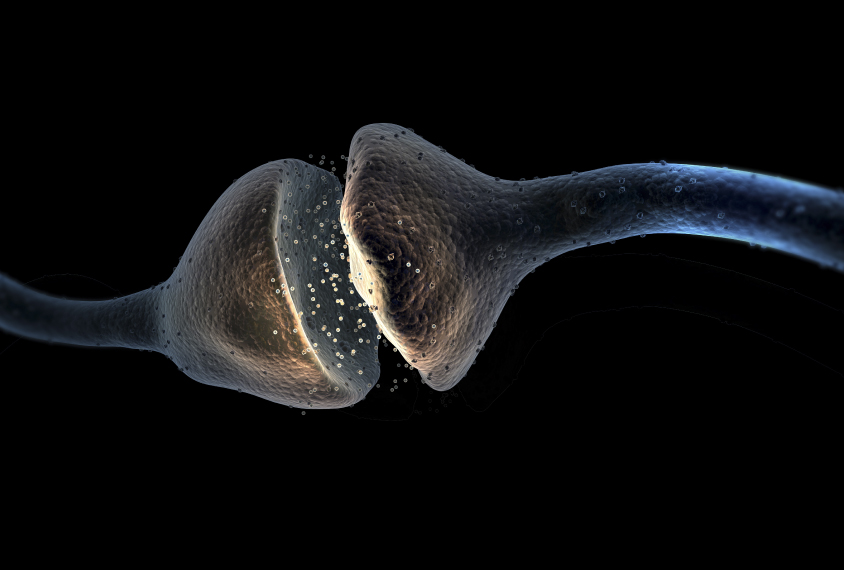
Billions of neuronal junctions make up new ‘synaptome’ map
Researchers have charted billions of synapses in the mouse brain and sorted them by type.
Chromosome 16 deletion miswires brain in people, mice
Mice and people missing a copy of a chromosomal region called 16p11.2 show similar patterns of weak brain connections.
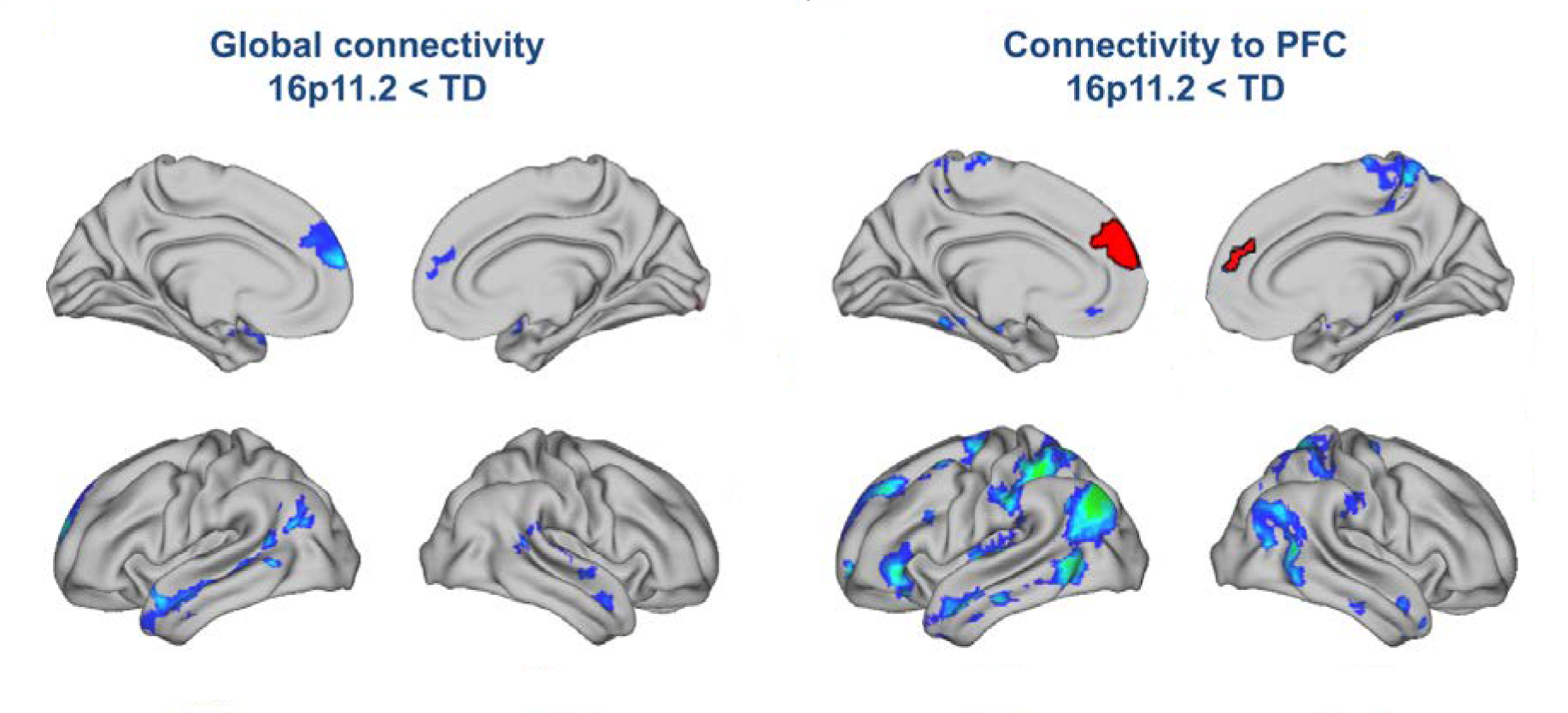
Chromosome 16 deletion miswires brain in people, mice
Mice and people missing a copy of a chromosomal region called 16p11.2 show similar patterns of weak brain connections.
Human ‘mini-brains’ make themselves at home in mice
Spheres of brain cells derived from people and implanted into mouse brains recruit blood vessels and integrate with mouse neurons.

Human ‘mini-brains’ make themselves at home in mice
Spheres of brain cells derived from people and implanted into mouse brains recruit blood vessels and integrate with mouse neurons.
Takeaways from SfN 2017
After five days and more than 13,000 abstracts, the Society for Neuroscience annual meeting in Washington, D.C., has drawn to a close.

Takeaways from SfN 2017
After five days and more than 13,000 abstracts, the Society for Neuroscience annual meeting in Washington, D.C., has drawn to a close.
Social hormones alter monkey behavior in sex-specific ways
The hormones oxytocin and vasopressin promote social interactions in male monkeys but make female monkeys more aggressive than usual.
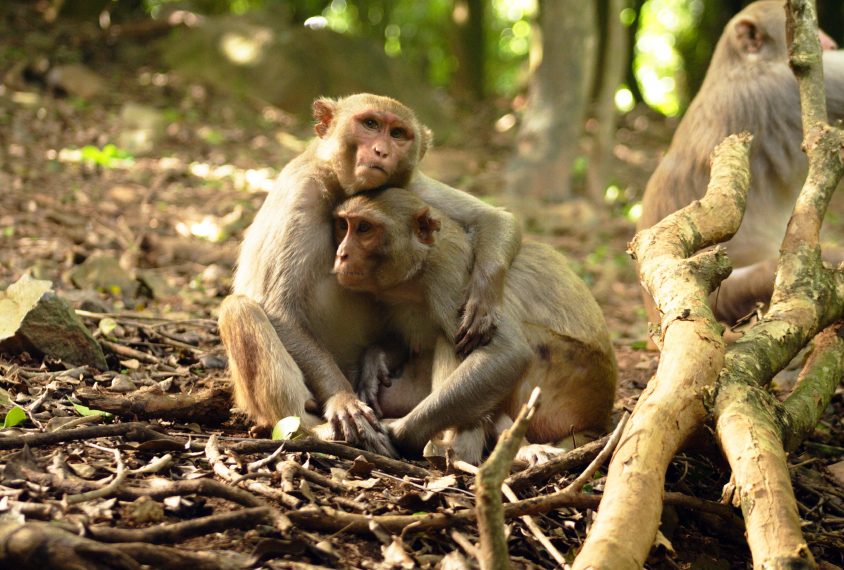
Social hormones alter monkey behavior in sex-specific ways
The hormones oxytocin and vasopressin promote social interactions in male monkeys but make female monkeys more aggressive than usual.
Drug cocktail curbs repetitive jumping in mice
A trio of drugs eases repetitive behaviors in mice by activating a brain region involved in motor control.

Drug cocktail curbs repetitive jumping in mice
A trio of drugs eases repetitive behaviors in mice by activating a brain region involved in motor control.
In autism, food quirks show up in social brain areas
Young adults with autism who have intense sensitivity to taste show increased activation in social areas of the brain when they taste something sweet.

In autism, food quirks show up in social brain areas
Young adults with autism who have intense sensitivity to taste show increased activation in social areas of the brain when they taste something sweet.
Compound lets scientists see deep inside brains of living mice
A chemical that doctors use to create contrast on X-rays also yields clear images of neurons in the brains of living mice.
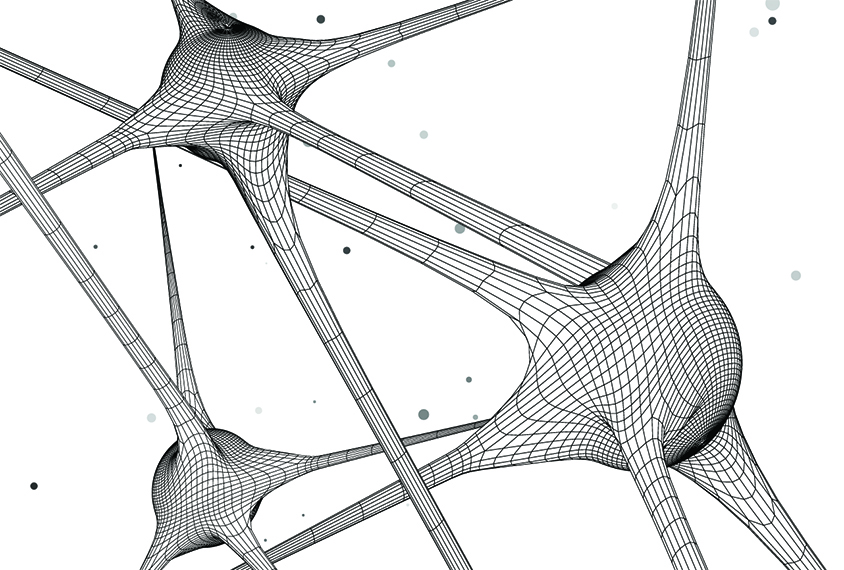
Compound lets scientists see deep inside brains of living mice
A chemical that doctors use to create contrast on X-rays also yields clear images of neurons in the brains of living mice.
Lab tests may pick up sensory sensitivity in autism
A person's ability to distinguish similar syllables by sight and sound correlates with how sensitive she is to sensory stimuli.
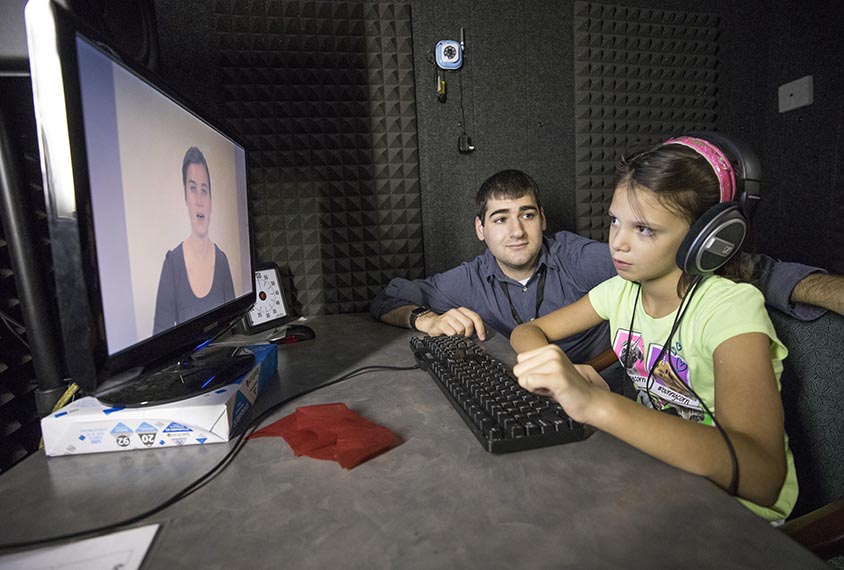
Lab tests may pick up sensory sensitivity in autism
A person's ability to distinguish similar syllables by sight and sound correlates with how sensitive she is to sensory stimuli.
Mouse imaging study hints at how fragile X drug trial went wrong
The drug mavoglurant has no effect on a brain circuit involved in social behavior in a mouse model of fragile X syndrome. That may explain its poor performance in people with the condition.
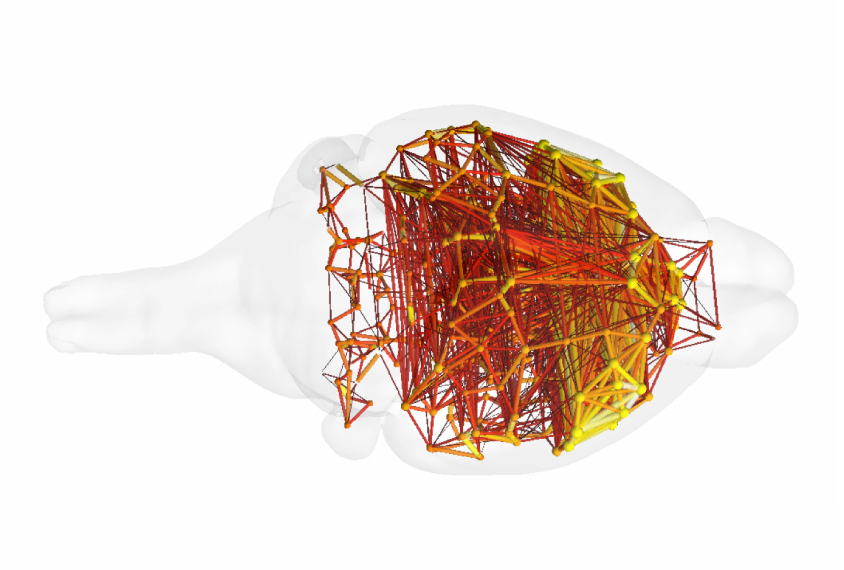
Mouse imaging study hints at how fragile X drug trial went wrong
The drug mavoglurant has no effect on a brain circuit involved in social behavior in a mouse model of fragile X syndrome. That may explain its poor performance in people with the condition.
Explore more from The Transmitter
NeuroAI and the hidden complexity of agency
As we attempt to build autonomous artificial-intelligence systems, we're discovering that a capability we take for granted in animals may be much more complex than we imagined.
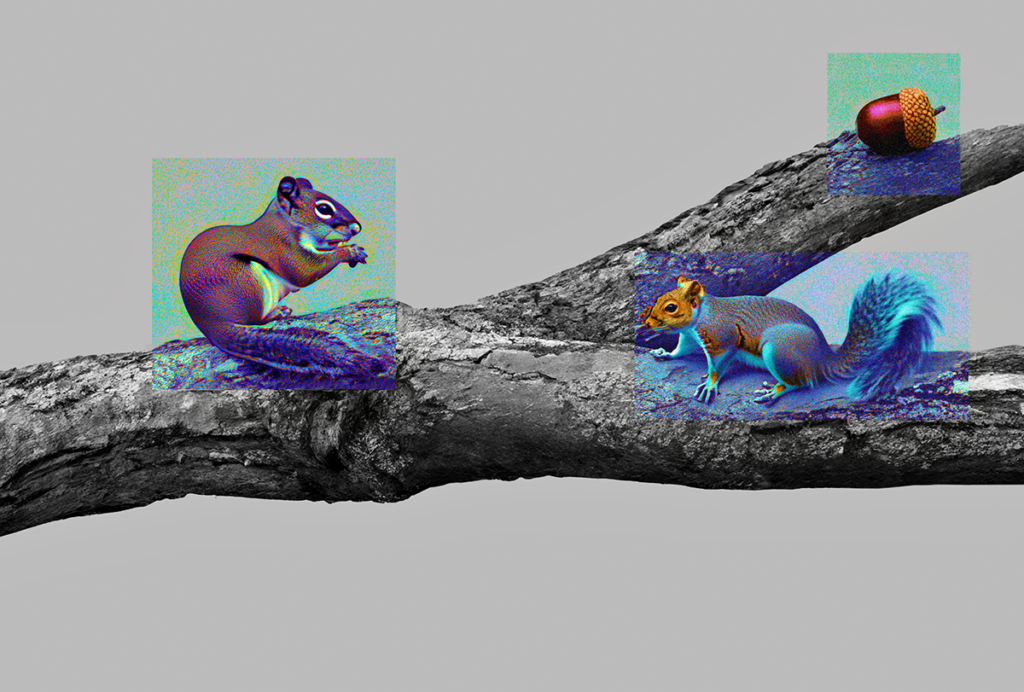
NeuroAI and the hidden complexity of agency
As we attempt to build autonomous artificial-intelligence systems, we're discovering that a capability we take for granted in animals may be much more complex than we imagined.
Plaque levels differ in popular Alzheimer’s mouse model depending on which parent’s variants are passed down
5XFAD model mice that inherit two disease-related genes from their fathers have double the plaques seen in those with maternal inheritance, a new study shows.
Plaque levels differ in popular Alzheimer’s mouse model depending on which parent’s variants are passed down
5XFAD model mice that inherit two disease-related genes from their fathers have double the plaques seen in those with maternal inheritance, a new study shows.
‘Doctored: Fraud, Arrogance, and Tragedy in the Quest to Cure Alzheimer’s,’ an excerpt
In his new book, published today, investigative journalist Charles Piller tells the story of the scientific misconduct that shook Alzheimer’s disease research to its core, and the neuroscientist who helped to expose it.
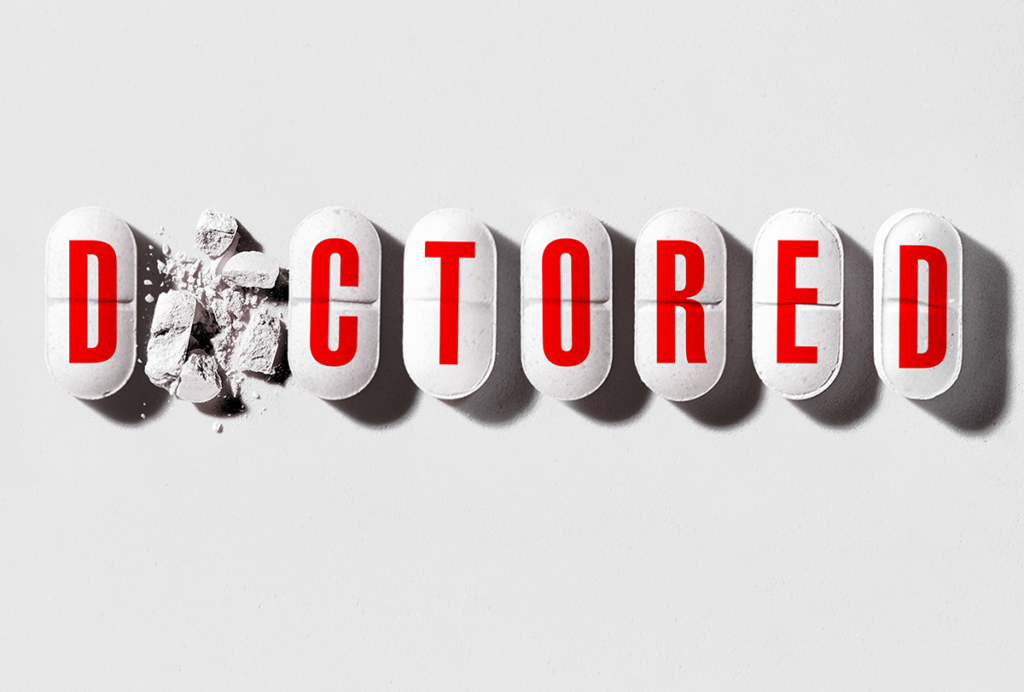
‘Doctored: Fraud, Arrogance, and Tragedy in the Quest to Cure Alzheimer’s,’ an excerpt
In his new book, published today, investigative journalist Charles Piller tells the story of the scientific misconduct that shook Alzheimer’s disease research to its core, and the neuroscientist who helped to expose it.